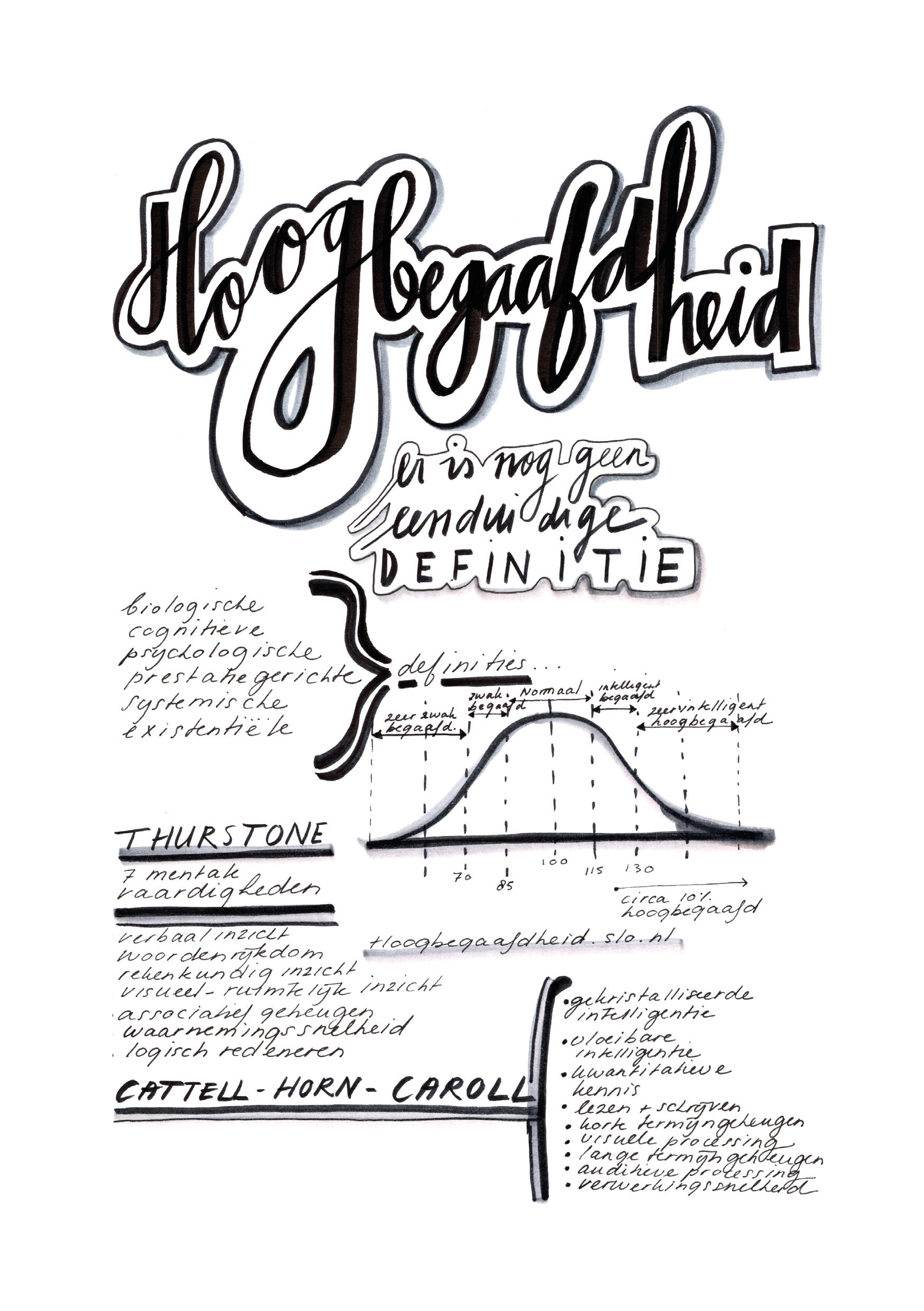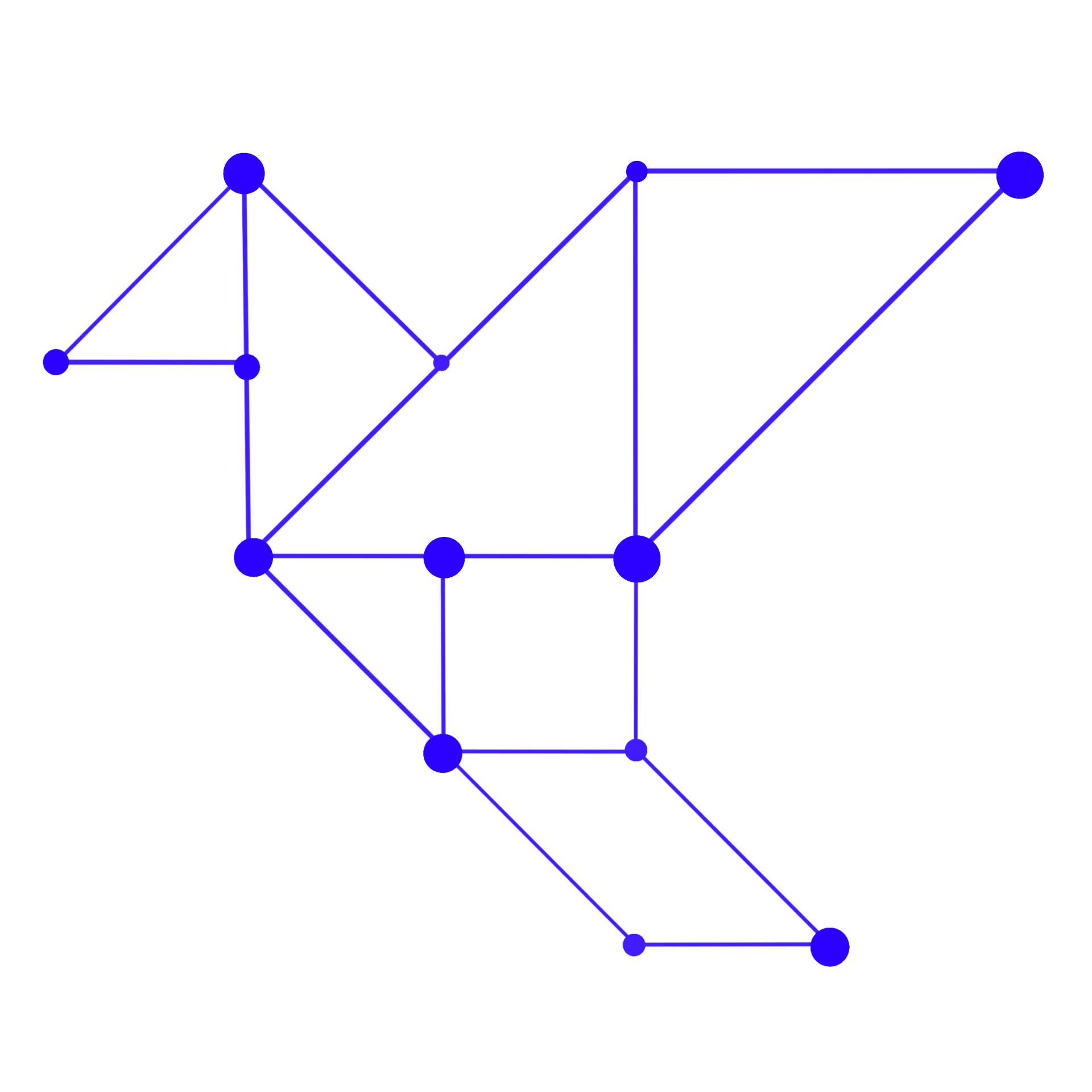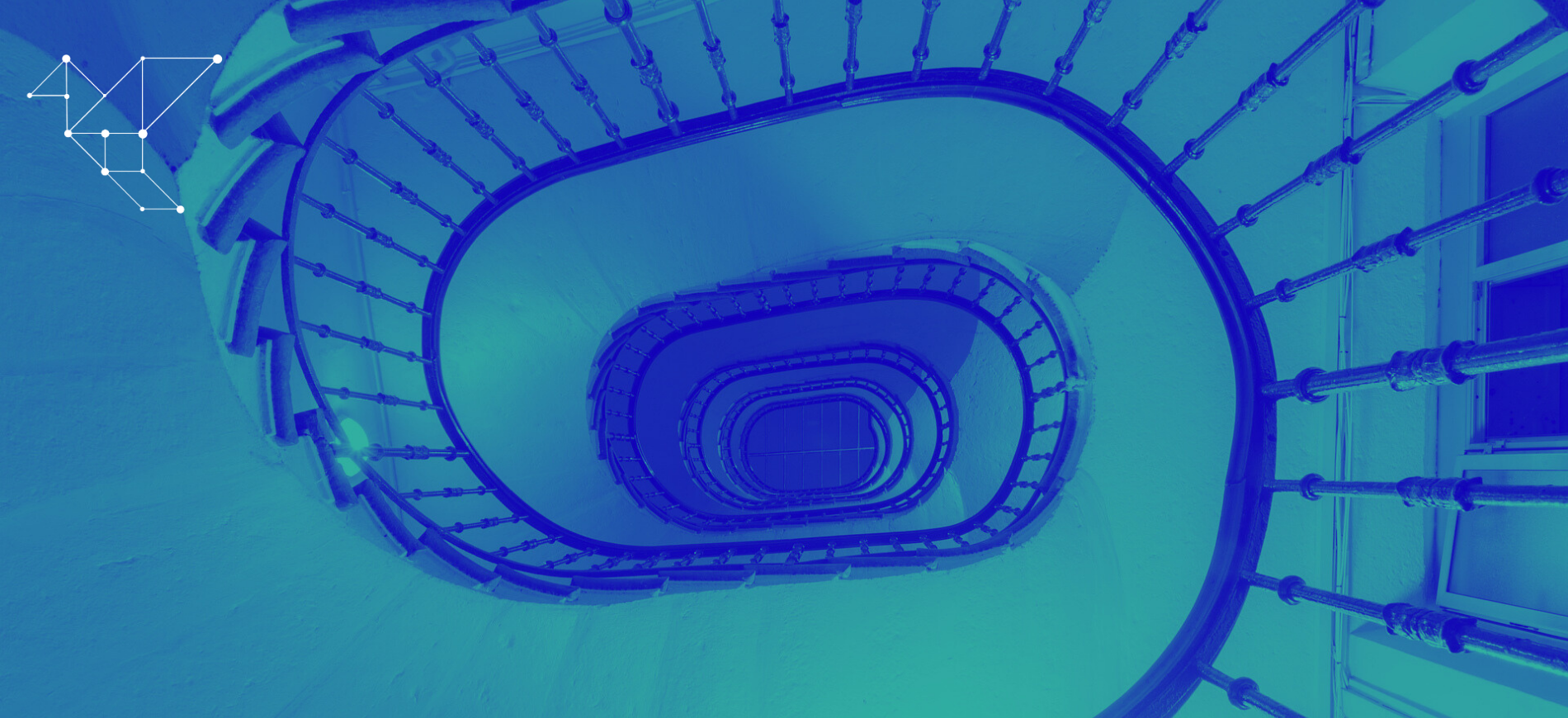Hoogbegaafdheid
Wat is hoogbegaafdheid? Een inleiding en de cijfers.
Sinds ik me in het onderwerp hoogbegaafdheid verdiep lees ik verschillende invalshoeken, definities maar ook vooroordelen. In het begin van deze ontdekkingsreis verslond ik alles wat ik tegenkwam, een feest van herkenning. De komende tijd zal ik hier delen wat ik onderweg* leerde.
Wat is hoogbegaafdheid?
Het eendimensionale beeld dat helaas nog veel mensen van hoogbegaafdheid hebben is dat van de slimmerik, de leergierige academische intelligentie. Dat snelle denken is weliswaar de kern, maar tegelijkertijd ook maar een puzzelstukje van het geheel; hoogbegaafdheid beïnvloed je hele zijn en manier van denken en voelen.
Dat is al op verschillende manieren beschreven, in het Zijnsluik van Kieboom bijvoorbeeld, of voor volwassenen in het Delphimodel van Kooijman – van Thiel: “Een hoogbegaafde is een snelle en slimme denker, die complexe zaken aankan. Autonoom, nieuwsgierig en gedreven van aard. Een sensitief en emotioneel mens, intens levend. Hij of zij schept plezier in creëren.”. Ook in de overexcitabilities (OE) en de theorie van positieve desintegratie (TPD) zoals beschreven door K. Dabrowski herkennen we de rijke verbeeldingskracht en intensiteit van de (creatief) begaafde kinderen en volwassenen. In volgende blogs zal ik hier meer over uitweiden.
Er is nog geen eenduidige definitie van hoogbegaafdheid. Meestal wordt uitgegaan van een IQ boven de 130 en een aantal zijnskenmerken. Het is belangrijk om hierbij bewust te zijn van de verschillen tussen mensen. Hoe zit dat? Een IQ van 100 is het gemiddelde. Een standaarddeviatie (15 punten) daarvan af naar boven en beneden noemen we ‘normaal’, 68% van de mensen heeft een IQ tussen de 85 en 115. Bij een IQ van 70 tot 85 spreken we van zwak begaafd (13,6%) en onder de 70 van zeer zwakbegaafd (2,3%).
Kijken we naar de andere kant van de Gauss-curve van intelligentie dan zien we 13,6% intelligent of meer begaafd met een IQ tussen de 115 en 130. Vanaf 130 spreken we van zeer intelligent of hoogbegaafd. In het Nederlands hebben we het vanaf 145 over uitzonderlijk hoogbegaafd, uhb. Als je dat afzet tegen 'zeer zwakbegaafd', wat maar twee standaarddeviaties van het gemiddelde afwijkt kan je je iets voorstellen van de verschillen in denken en ervaren van de wereld. De complexiteit van een uitzonderlijk hoogbegaafd persoon is haast niet voor te stellen voor iemand met een meer gemiddelde intelligentie.
In het Engels zijn de termen nauwkeuriger:
Level IQ Range Prevalence
- Mildly gifted 115 – 129 1:6 – 1:44
- Moderatly gifted 130 – 144 1:44 – 1:1,000
- Highly gifted 145 – 159 1:1,000 – 1:10,000
- Exceptionally gifted 160 – 179 1:10,000 – 1:1 million
- Profoundly gifted 180 + Fewer than 1:1 million
Herken jij je in de kenmerken van hoogbegaafdheid? En hoeveel hoogbegaafden zijn er in jouw omgeving? Willem Wind maakte er een calculator voor op zijn website ikbenhoogbegaafd.nl.
* In 2021 - 2023 deed ik de opleiding tot zelfstandig talentbegeleider bij Novilo (nu onderdeel van Cedin). Ik volgde de persoonlijke leerweg en het was een snoepwinkel, want ik had autonomie en mocht me inschrijven voor iedere module en masterclass waar ik tijd voor kon maken naast mijn werk. Ik leerde over signaleren, de valkuilen en begeleidingstechnieken. Ik maakte kennis met het gedachtengoed van Dabrowski en proefde van de Polyvagaal theorie, Voice Dialogue en Spiral Dynamics. En meer.
Ik herken mijzelf en mijn grillige onderwijsverleden in veel bekende valkuilen. Van de meesten heb ik de bodem verkend. Maar ik ontdekte onderweg ook leerstrategieën die voor mij op dit moment wel werken. En ik slaagde, cum laude zelfs.
De sketchnotes bij de blogs maakte ik grotendeels tijdens de opleidingsdagen. Ik teken ze graag en ze helpen me concentreren en de stof beter eigen maken. Een andere manier om dingen eigen te maken is de informatie weer door te geven en over te dragen. Bij deze.
Is er een onderwerp waar je graag meer over wil lezen? Tip me! Best kans dat ik er met mijn nieuwsgierigheid ergens iets over geleerd heb en het inspireert me als ik vragen krijg.





